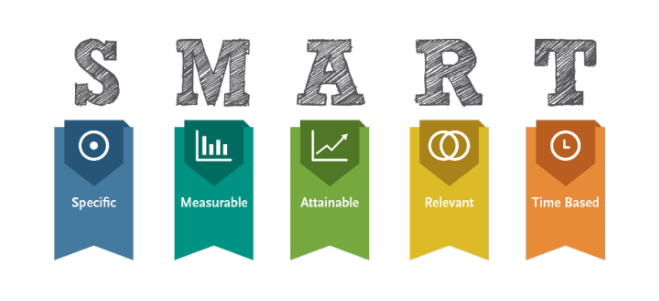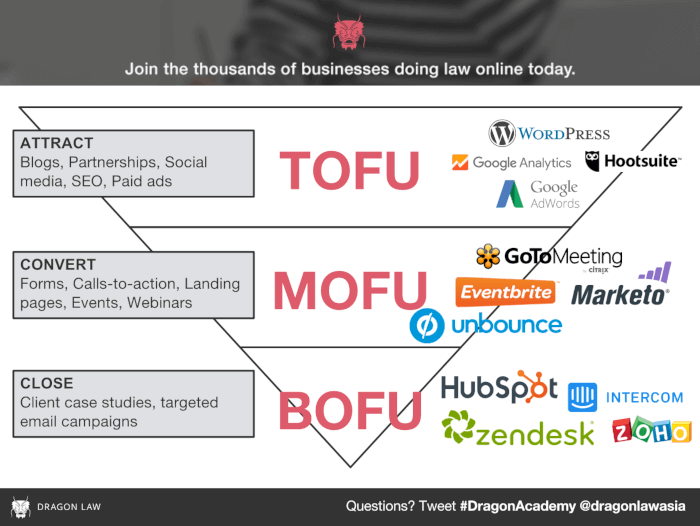Your customers are going online to research your product, service, and brand as they make purchase decisions. Are you saying no to them even before they ask?. Its very important marketing your small business online.

It is crucial for businesses to create a trustworthy online brand to attract and convert potential customers. This is true not only for online businesses, but for brick-and-mortar stores as well.
The nature of online marketing also allows budget-constrained small businesses to run campaigns on a much smaller scale. If planned carefully and create small business online strategy, you will be able to reach a highly-targeted audience with a relatively small spend.
Here are some steps to leveraging online marketing platforms on a small budget:
1. Identify your target market
The first tip will be online marketing tips for small business to identify your target market. As with any sales or business development strategy, it is best to start with your target audience in mind. Once you are able to identify the key characteristics that your target customers exhibit, you will want to analyse how they behave, and infer the right online marketing channels to use.
A useful way of identifying your target market would be to answer the 5 W’s of Who, What, When, Where, and Why. By developing a detailed customer profile, you will be able to determine how and where to reach them.
Consider the following checklist:
WHO
WHAT
WHEN
WHERE
WHY
|
Source: Reach Local
2. Determine your objectives and set budgets
We all know the rationale behind selecting the right marketing channels – to fish where the fish are. But what do you want to do after you’ve found the fish? It’s not sufficient to just be there. Ask: What action do you want them to take?
In order to maximize every dollar that you spend on online marketing, otherwise famously known as the Return on Investment (ROI), it is essential to know what exactly you wish to get out of it. This could be increased brand awareness or increased revenue. Regardless, it is key that you establish clear, measurable goals so that you can track whether your strategy and campaigns have been effective.
 Source: Capterra
Source: Capterra
Once you have established your SMART goals, you are ready to start allocating budget. There are plenty of online tools that that can help you achieve your goals for a small subscription fee or even free-of-charge!. You small business should wisely use online marketing tools.
 Online marketing tools. Source: Doing Business Online, Legal Academy by Zegal
Online marketing tools. Source: Doing Business Online, Legal Academy by Zegal
For most businesses, generating traffic to your website is the first step to increasing awareness. The easiest and cheapest way to do this is to publish fresh and engaging content on a regular basis. Once you have a steady flow of traffic coming in, think about how you can convert these visitors into leads. Again – what action do you want them to take? Have you put the right call-to-actions in place?. This could be best online marketing tips for small business.
Always measure the ROI of your efforts. Once you have a proven concept, you may even wish to consider using paid advertising to fast track your efforts. One of the biggest benefits of online marketing is in that you can always run campaigns simultaneously to test what works best, and reallocate your budgets at any time.
3. Leverage on the platform that best serves your needs
Over the years, more and more online platforms, apps, and channels have emerged. Some of them are really cool for small business as online marketing platform. Online platform can be hard to keep up with especially when you are devoting the bulk of your time into growing your business. While many platforms have come and gone as a fad, there are a few key ones that have stood up to the test of time.
Following is a breakdown on the various online marketing platforms or channels available:
|
Adapted from: 8 Expert Online Marketing Tips for Small Businesses (CIO)
4. Increase website traffic through Search Engine Optimisation (SEO)
SEO is the staple of online marketing channels. Simply defined, SEO is a marketing discipline focused on growing visibility in organic (non-paid) search engine results. As SEO seeks to predict a users’ intent based on the keywords he/she types into the search engine, by using the right keywords, you have a high chance of reaching a prospect just when he/she needs your product/service (and thus a high chance of conversion). SEO can be the big tips for business to use as online marketing tool.
The other obvious of SEO include increased traffic and therefore more publicity, exposure and revenue. SEO is one of the best marketing tip for small business.
Here are 15 quick tips for SEO:
|
Source: Tips and Tricks HQ
5. Align expectations with appropriate documentation
The ideal outcome of a focused online marketing strategy is to direct more visitors to your site, raise awareness for your brand, and increase engagement with your potential customers. It is thus important that you put in place the right documents and legal protections to ensure that you establish clearly the rights and obligations of your business vis-à-vis the individuals you engage with online.
Essential legal documents in the course of marketing include the following:
- A Website Privacy Policy clarifies how data provided by users of your website will be collected and used by your business. Users of your website are deemed to have accepted these terms by if they continue to use your website. By clarifying the scope of data privacy, you can avoid future disputes concerning data privacy infringement.
- A Website Terms of Use structures the relationship between you as a website operator and your website users by setting out each parties’ rights and obligations. They are made available on your website for users to read and, by continuing to use the site, your visitors are deemed to have accepted these terms.
- Website Payment Terms specify how and when your customers will pay for subscribing to your website, what the subscription terms are, and what will happen at renewal or cancellation. It is essential that such terms are set out clearly so that your customers know when to expect renewal fees or price changes.
- If your website acts as a portal for the buying and selling of goods online, have in place Terms and Conditions for Online Sale of Goods to ensure that your customers agree to your terms when using your website and purchasing goods from you. This document can help you to reduce legal risks by setting out both the seller’s and the buyer’s rights and by limiting the seller’s liability in relation to any losses that the buyer may suffer in the sales process or in connection with the product.
- If your website is a platform for the buying and selling of a third-party vendor’s goods online, you need to have a Terms and Conditions for Online Marketplace that structures the relationship between you as a website operator and your website users by setting out each party’s rights and obligations.
- An Email Footer and Disclaimer is a statement that you add to the bottom of your emails to keep your communications secure, limit your liability, and give a professional appearance to your email communications.
| Related reading: Essential legal considerations for online marketplaces |
6. Analyse, track, improve, repeat
A key part of effective online marketing is to measure the results of your strategy, and constantly changing it for the better to get to your desired outcome. Depending on the online marketing channels that you employ, you may have to use different tools to measure the return of investment (ROI) of campaigns.
|
Source: Positionly
Another way to determine the effectiveness of your campaigns is by running A/B tests. These are experiments that show two different versions of, for example, a landing page or call-to-action to two similarly-sized audiences to determine which one performs better. You will be required to determine what a single variable, set goals and metrics for measurement, set the controls, and finally promote your test to a small audience in order to gather insights that will guide your future marketing efforts.
7. Subscribe to free online marketing resources
Mounting a clear online marketing strategy and focused marketing campaigns may seem daunting, but there are a ton of resources available to guide your efforts. HubSpot is a treasure trove of resources which centre around its inbound marketing methodology, which focuses on using marketing to attract potential customers.
Online Business Asia also provides great resources for both online businesses and brick-and-mortar stores who are looking to get started online.
Free marketing software such as MailChimp allows you to manage mailing list subscribers and send out customised email campaigns. Hootsuite also offers an extensive freemium model that allows you to plan and monitor your social media posts and supports social network integrations for Twitter, Facebook, Instagram, LinkedIn, Google+, and more.
Are you ready to take your business online?





